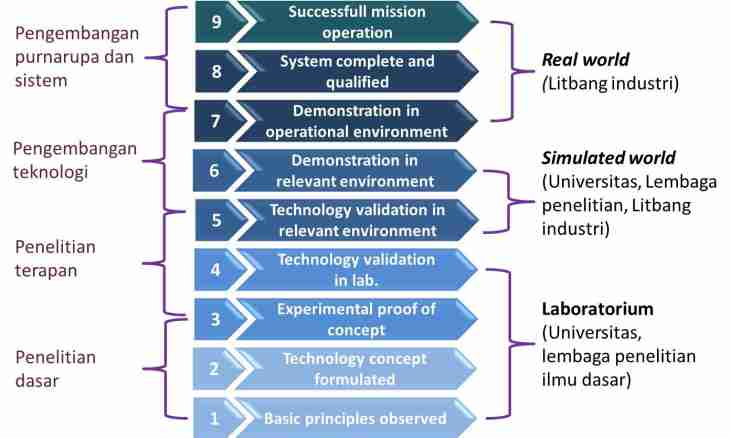Founders of Marxist philosophy were the German thinkers of the middle of the 19th century Karl Marx and Friedrich Engels. Her main ideas and the principles are stated in the main work of Karl Marx "Capital".
Stages of development of philosophy of Marxism
K. Marx and F. Engels's formation as thinkers happened under the influence of the German classical philosophy. The main sources of the synthesis which gave to the world original philosophy – dialectic materialism – became humanistic materialism of L. Feuerbach and the dialectics Mr. Hegel. K. Marx's philosophy was formed throughout all his life and it developed by 1848. Further, to 1859, there was already a process of judgment and development of the economic theory.
In 1844 K. Marx in "Economic and philosophical manuscripts" stated the concept of alienation. Marx allocated the different parties of alienation of work: alienation from the worker of his human essence, a work opredmechivaniye, alienation between people. The more the hired worker, the more intensively works on him the power of the capital. That is, aloof work displays dependence of the person, thereby doing it by an incomplete and "partial" being. From where there was a conclusion about need of revolutionary elimination of alienation, elimination of a private property and creation of communistic society – an image of society of truly human relationship. That everyone could develop own abilities and work freely that everyone could become a universal being.
In 1845 in "Theses about Feuerbach" K. Marx criticized the contemplate nature of materialism of predecessors. Marx allocated a role of practice as bases of knowledge and formulated the principle of unity of the theory and practice. One of its aspects – materialistic understanding of history – was developed together with F. Engels in work "The manifesto of the Communist Party".
Main postulates of philosophy of Marxism
"Capital" — the main work of K. Marx written on the basis of dialektiko-materialistic approach for the first time was published in 1867. The main ideas and postulates of Marxist philosophy can be collected in three groups: 1 group: Connection of dialectics and materialism. An organic unification of dialectics with materialism supply thinking with ability and ability to remake the world in accord with objective regularities and also with trends of its development.2 group: Dialektiko-materialistichesky understanding of history. The major concept: social being defines public consciousness, as well as public consciousness has the opposite effect on the social being which generated it. Material life of society or social being consists of production of the material and spiritual benefits at direct existence of the person who is not connected with production (family, life) and process of interaction of the nature and society. That is, the defined element has obvious influence on the defining element and vice versa. The 3rd group: New understanding of a social role of philosophy. The principles of understanding of problems of new philosophy which has to change the world, but only to explain not with various image it were formulated. Marx and Engels saw a new role of the philosophy in revolutionary and radical change of the world.
